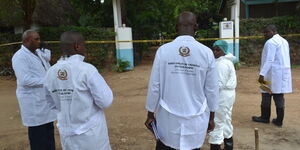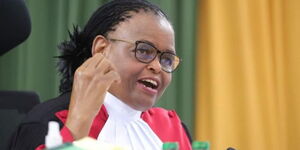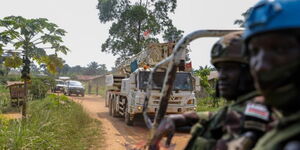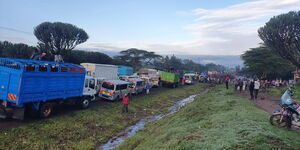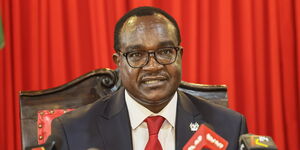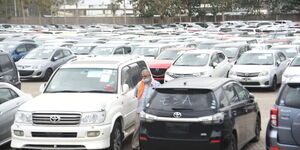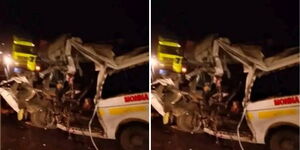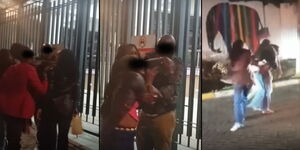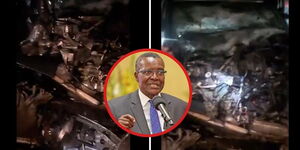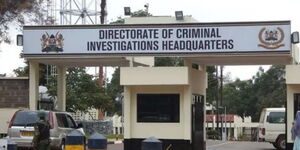The four young Kenyan filmmakers accused of being involved in the creation of BBC Africa's controversial Blood Parliament documentary have narrated their ordeal at the hands of police officers.
They were arrested on Friday night by people believed to be detectives from the Directorate of Criminal Officers (DCI) at their Karen studio in Nairobi.
While speaking during an interview with investigative journalist John-Allan Namu, one of the victims, Nick Wambugu, recalled paying a routine visit to his friend's office at around 3 P.M.
According to Wambugu, upon arrival at Denver's office, they engaged in a conversation before reviewing content and other footage they recorded in previous projects.
After about 30 to 45 minutes, the duo heard a knock at the door. However, they were cautious about opening it, as it was a private place and they were not expecting any visitors.
"We heard a knock, so Denver went to open because it is a studio and the door is always locked, so even the knock felt uneasy for him because he was not expecting anyone," Wambugu narrated.
Upon opening the door, the duo were stunned to see three police officers standing outside, who went on to identify themselves as detectives from the DCI headquarters.
Wambugu claimed that once the officers gained entry into the building, they informed the two of their arrest and began asking for their license.
"So they entered and immediately told us that we were arrested. Of course, they started with, 'Where is your licence?' but immediately we realised that there are no issues here," he revealed.
After a brief interrogation, the officers began confiscating the equipment, including laptops and hard drives. "They took all our laptops, hard drives and phones," Wambugu claimed.
He recalled being bundled into a police car alongside his friend at around 5 a.m. before they were driven to the DCI Headquarters, located along Kiambu Road.
Narrating the tribulations they underwent at the hands of the officers, Wambugu revealed that they spent about four hours at the DCI offices.
According to him, they were interrogated separately and asked to draft statements. "So they asked what kind of work I do and I told them I am a filmmaker and a content creator," said the victim.
"I told them I do content, TV commercials, and after that, they began querying us on whether we have done something that is against the government," he added.
Following the interrogation at the DCI offices, Wambugu revealed that they were paired and each pair taken to Muthaiga and Pangani police stations, respectively. It was at Pangani Police Station that Nick realised that they had been charged with false publication.

